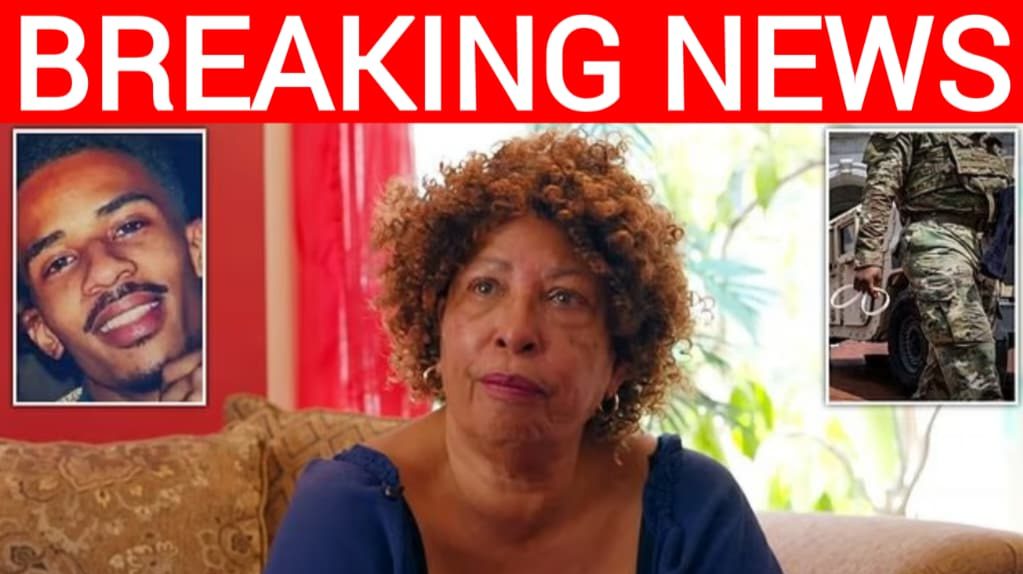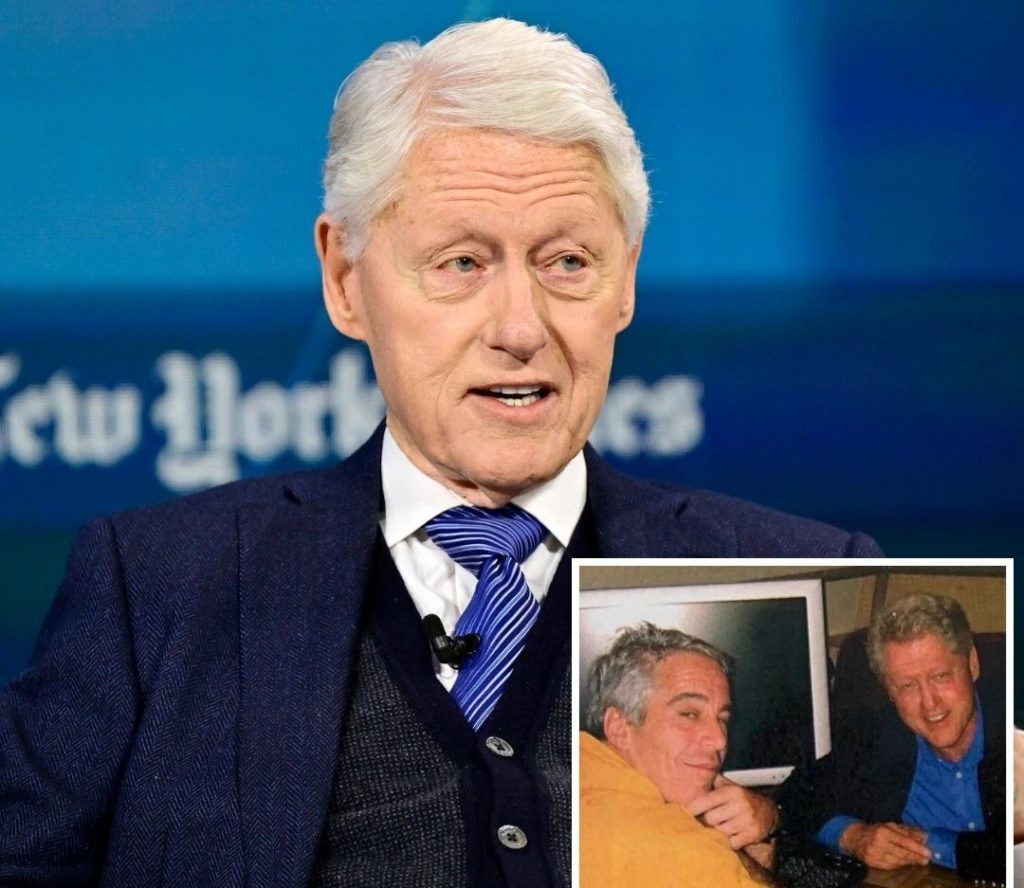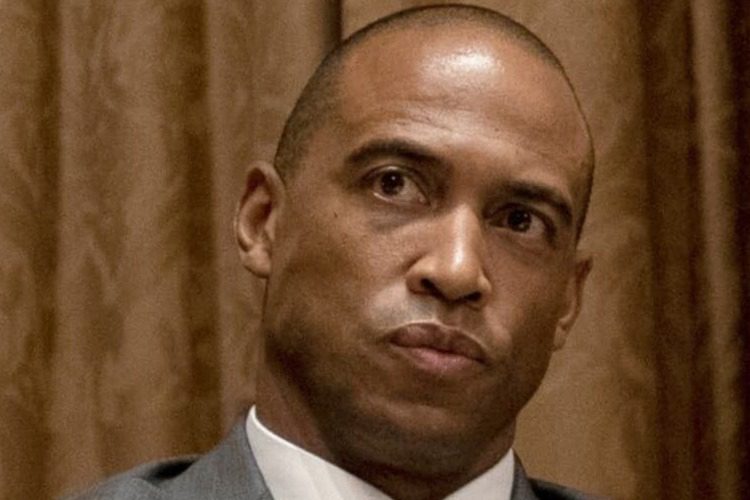Forlesia, a Washington D.C. Grandmother, Shares an Emotional Message After Her 22-Year-Old Grandson Was Shot, Saying Victims Are Forgotten While Criminals Walk Free
Sometimes the most powerful voices don’t come from politicians, journalists, or activists. They come from ordinary people who have lived through something so painful that their words carry the weight of raw truth. That’s what happened when a Washington D.C. grandmother named Forlesia stepped in front of a camera to talk about the heartbreaking loss of her grandson, who was shot and killed at just 22 years old.
The video, shared by the White House, has quickly spread online, not because it was polished or scripted, but because it was real. In it, Forlesia pours out her grief and frustration with a justice system she feels has failed families like hers. At one point, she says something that hits like a thunderclap: “We don’t matter, the criminals matter more.”
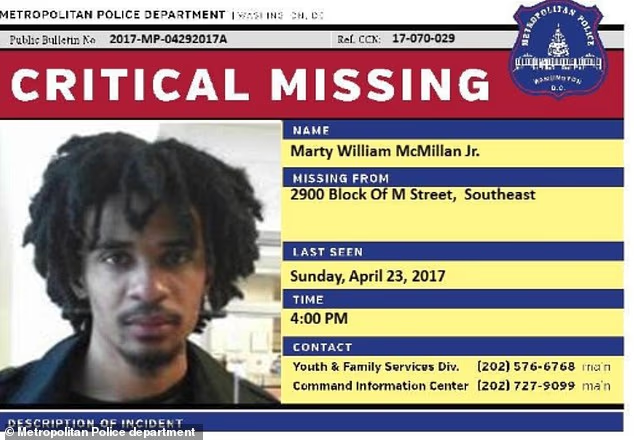
Her statement reflects the deep sense of injustice many victims’ families feel. When crime takes away a loved one, the pain doesn’t stop at the funeral. It continues in court hearings, news stories, and policy debates that often seem more focused on the rights of perpetrators than the suffering of victims. Forlesia put words to that pain, and it resonated with people far beyond her neighborhood in D.C.
What made her remarks even more striking was her reference to former President Donald Trump. In the middle of her message, she added: “The man [Donald Trump] is doing something right.” It was a moment of clarity in the middle of grief, a signal that she sees leadership on crime where she believes others have fallen short. Her comment was not about political party lines or ideology—it was about the desperate need for safety and accountability in her community.
To understand why her words touched so many, you have to step back and look at the broader reality in Washington D.C. Like many major cities across the United States, D.C. has struggled with violent crime. Gun violence, in particular, has left families shattered. Data shows that young Black men are disproportionately the victims, and neighborhoods often carry the scars of repeated shootings. For every statistic, there is a grandmother like Forlesia, a mother, a sister, or a child left behind to pick up the pieces.
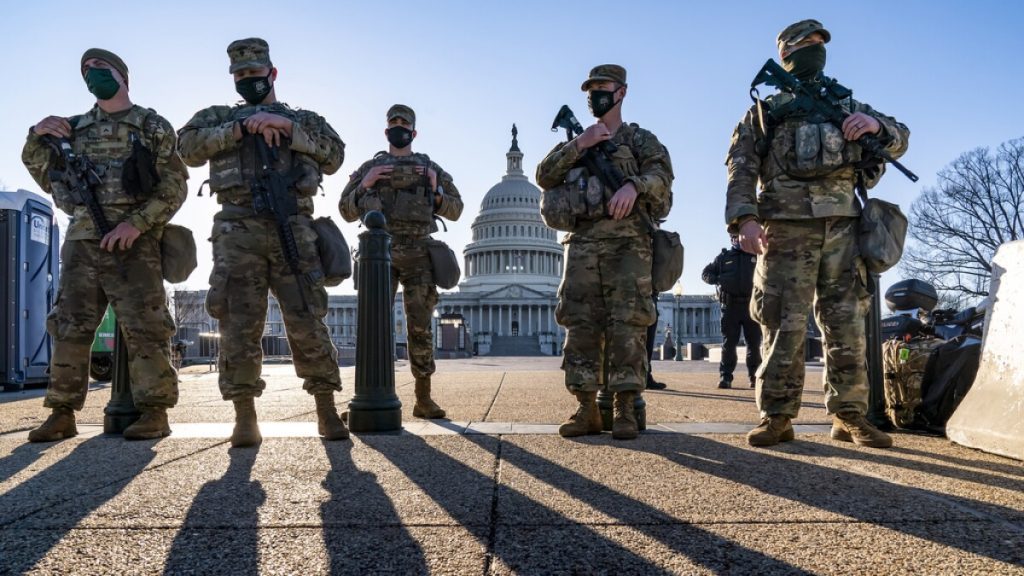
Her grandson’s death is one tragedy among many, but for her, it is the center of the world. When she talks about him, you can hear not just the pain of loss but also the love of a grandmother who saw his potential. At 22 years old, he should have been building a life, chasing dreams, maybe even starting a family of his own. Instead, his life was cut short by violence that has become all too common.
What Forlesia said about victims not mattering is a reflection of how powerless families often feel after these crimes. When arrests are slow, when trials drag on, when sentencing feels too light, it can seem as if the system bends over backward for criminals while offering little comfort to victims. Her frustration is not unique. Many families of victims have said the same thing: that they feel invisible in a process that should be about justice for their loved ones.
Her praise of Trump adds another layer to the story. In recent years, Trump and his allies have leaned heavily into messages about law and order, promising tougher action on crime. For families like Forlesia’s, who feel abandoned by politicians offering little more than words, this message can sound like hope. When she said Trump is “doing something right,” it was less about politics and more about a cry for leaders who will put victims first.
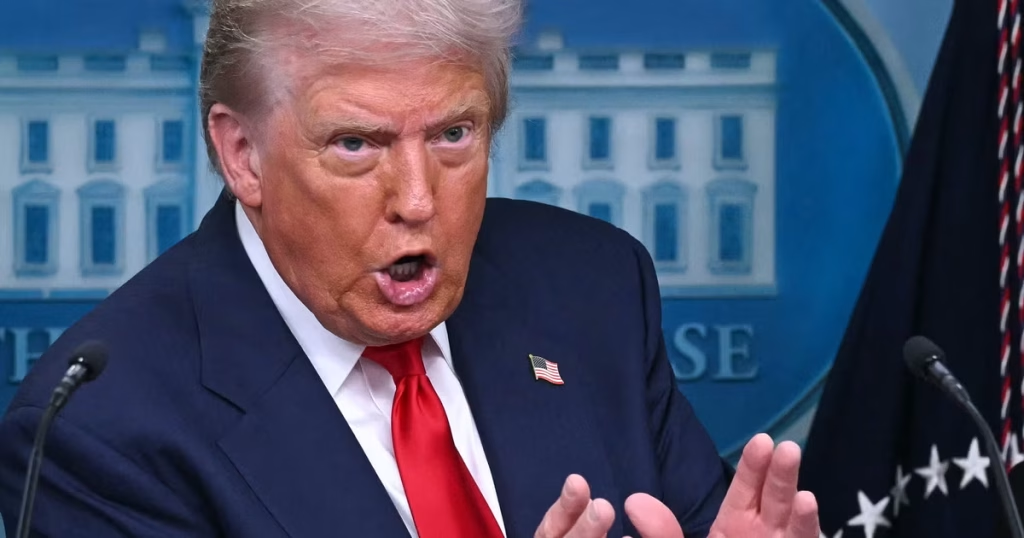
At the same time, her words raise important questions. How do we balance compassion with accountability? How do we address the root causes of crime while also ensuring families see justice served? These aren’t easy questions, but Forlesia’s testimony shows why they can’t be ignored. Her story isn’t just about one family—it’s about the urgent need to fix a system that too often feels broken.
The emotional power of her message lies in its simplicity. She didn’t use statistics or political talking points. She spoke from the heart. That’s why the video struck such a chord and why it was shared by the White House. In an era when public trust is low and debates often feel detached from real life, her words cut through. They reminded everyone that behind the headlines about crime are families who are living with unimaginable loss.
Her statement also serves as a reminder of the resilience of communities like hers. Despite the pain, she chose to speak out. She didn’t hide her grief—she turned it into a demand for change. That takes courage. It also takes love, the kind of love only a grandmother can carry, the kind that refuses to let her grandson’s story fade away.
For those who watched the video, the impact was immediate. Some felt inspired to demand more accountability from leaders. Others felt the raw sting of recognition, because they too had lost someone to violence. And many simply felt sorrow for a grandmother whose love for her grandson was so clear, even in her heartbreak.
If there is one lesson in Forlesia’s message, it’s that crime is never just about numbers. It’s about people—real lives, real families, real communities. When she said “We don’t matter,” it was an indictment of a system that too often leaves victims behind. But by speaking out, she made sure her grandson did matter. She made sure people heard his story and understood the cost of violence.
The road ahead for her family will not be easy. Grief never truly ends. But by sharing her truth, Forlesia has done something powerful: she has turned personal pain into a public call for justice. Her voice, filled with sorrow and strength, is now part of a larger conversation about safety, accountability, and what it means to truly put victims first.
In the end, Forlesia’s story is not just about her grandson or her city. It is about America itself and the kind of country it wants to be. Will it be a place where victims are honored, supported, and protected? Or will it continue to be a place where, as she said, “the criminals matter more”? That is the question her message leaves us with, and it is a question that demands an answer.
